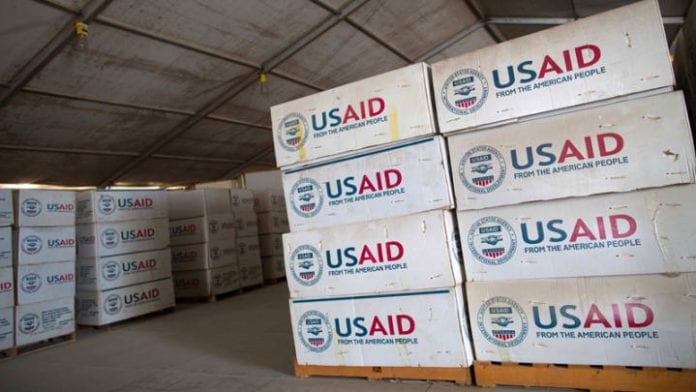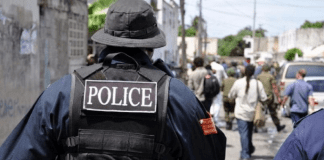The recent suspension of the United States Agency for International Development (USAID) raises concerns for the Caribbean, where many nations rely on its funding for critical social and economic development programs.
On Monday, the U.S. government suspended USAID operations, which channeled over $40 billion in congressional-approved aid globally. The decision was reportedly driven by concerns over fund misallocation, inefficiency, and misalignment with U.S. foreign policy.
Since its establishment in 1961 by President John F. Kennedy, USAID has played a key role in global development, consolidating foreign aid efforts under a single agency to improve their effectiveness. Its mission includes supporting economic growth through trade and job creation, strengthening healthcare systems, promoting democratic governance, expanding access to education, responding to natural disasters, and addressing climate change and food security. Beyond humanitarian and economic support, USAID has contributed to global stability while aligning with U.S. foreign policy objectives.
In the Caribbean, USAID has been particularly instrumental in disaster relief, economic development, and public health initiatives. It has provided aid following major disasters such as the 2010 Haiti earthquake, Hurricane Maria in 2017, Hurricane Dorian in 2019, and more recently, Hurricane Beryl in Jamaica. It has also supported entrepreneurship, trade, and tourism, particularly in Haiti, Jamaica, and the Dominican Republic.
Through programs like the Caribbean Basin Security Initiative, it has helped address youth unemployment and improve justice systems. In education, USAID has contributed to rebuilding schools and expanding access to quality learning opportunities. Additionally, given the region’s vulnerability to climate change, it has funded coastal management, renewable energy, and sustainable agriculture initiatives. Its contributions to public health have included support for disease prevention, maternal and child healthcare, and improved sanitation systems.
If USAID programs in the Caribbean were to be permanently discontinued, the economic and social consequences would be significant. The loss of funding could slow development efforts, increase poverty and unemployment, and weaken industries such as agriculture, tourism, and renewable energy. Disaster preparedness and recovery efforts could also suffer, leaving Caribbean nations more vulnerable to hurricanes and other climate-related events. Many local organizations and international NGOs rely on USAID grants, and without this support, they could be forced to cut services or shut down altogether, leading to job losses and reduced economic activity.
A reduction in U.S. development assistance could also shift geopolitical dynamics in the region. China has already expanded its economic presence in the Caribbean, providing infrastructure investments and financial assistance. If USAID funding is withdrawn, China could step in to fill the gap, increasing its economic and political influence.
While there is ongoing debate about reducing reliance on foreign aid, abruptly cutting USAID programs could create economic hardship and disrupt essential services. There is little justification for suspending Caribbean initiatives, as they align with U.S. foreign policy goals of promoting stability, economic prosperity, and resilience in the region.
Rather than eliminating funding altogether, a more sustainable approach would be to assess the effectiveness of individual programs and phase out those that are less impactful, while also working to strengthen Caribbean economies in the long term. Ensuring that critical development initiatives continue—while improving oversight and efficiency—would benefit both the Caribbean and the United States.















